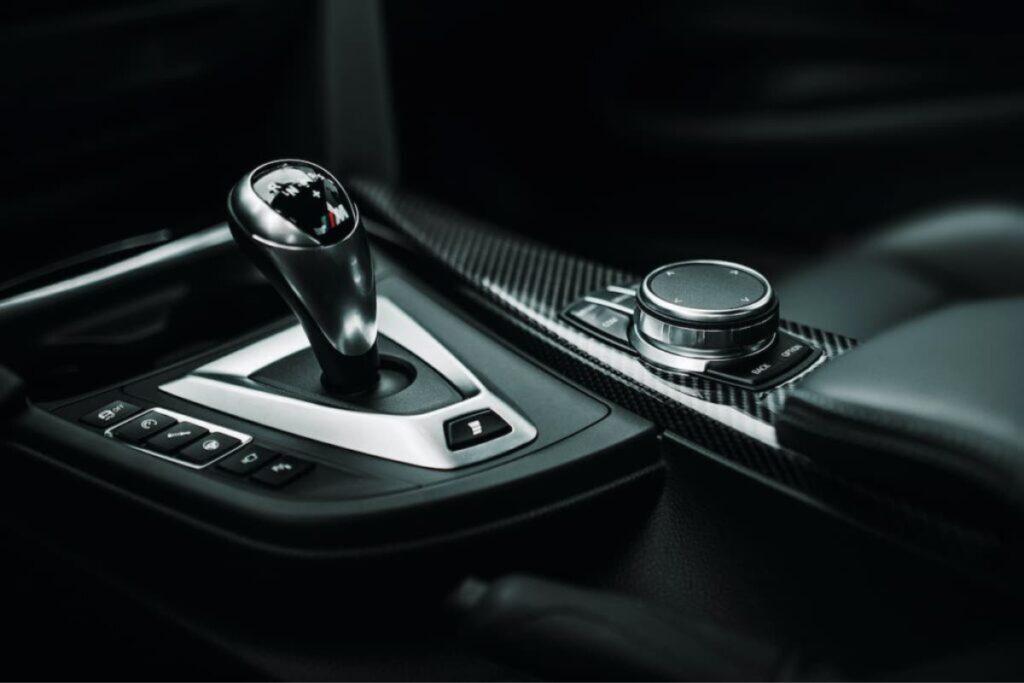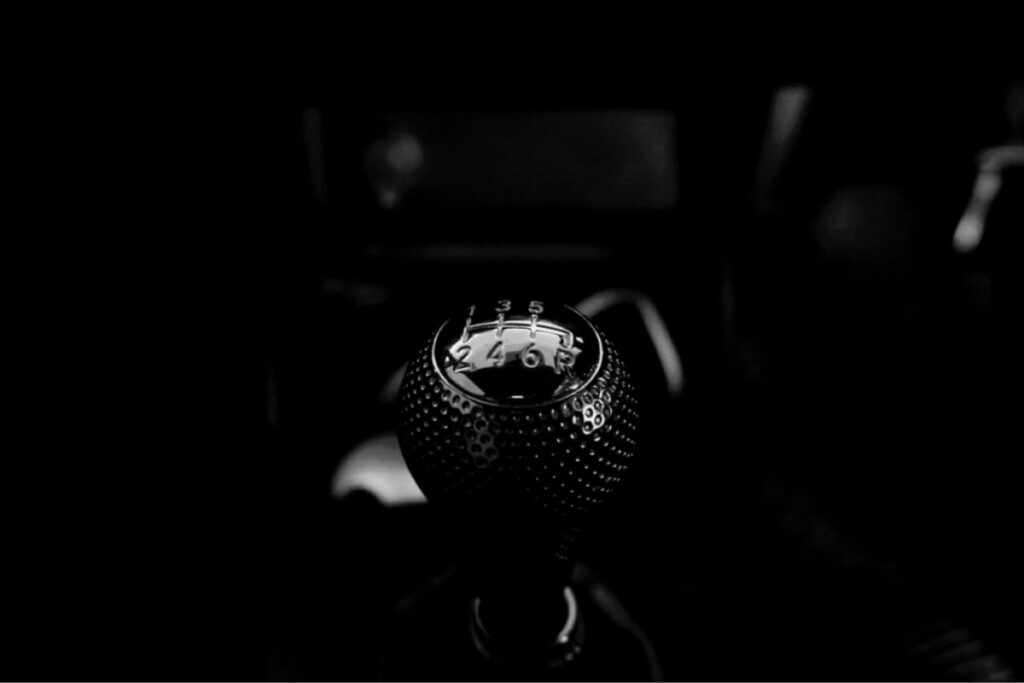Custom Medals Custom Medals,Custom 3D Gold Medals,Custom Soccer Medals,Custom Sports Gold Medals Topwell Crafts Co., Ltd , https://www.topwellmetal.com
Are you on the verge of purchasing a car? It's quite common to have second thoughts when faced with the wide range of options available in the market. Questions like "Should I opt for a compact city car, an SUV, or maybe a van?" often come to mind. Not to mention the countless factors to consider, including color, engine capacity, and more.
Choosing the right transmission type adds another layer of complexity. While some swear by the convenience and smoothness of automatic cars, others prefer the hands-on control offered by manual transmissions, which they believe are also more economical. If you're still undecided, you're not alone. Here’s a detailed breakdown to help you make an informed decision.

## The Clash: Automatic vs. Manual Cars
Many drivers remain loyal to their manual vehicles, valuing the traditional driving experience. Others, however, can't imagine going back to manual after experiencing the ease of automatic transmissions. Opinions differ widely, with some claiming that automatic cars are more comfortable, while others insist that manual cars save money. However, modern advancements have made automatic cars more fuel-efficient and cost-effective than ever before.
### Key Differences: Costs, Comfort, and Speed
In a manual car, drivers have more control over shifting gears, allowing them to push the engine to its limits. Automatic cars, on the other hand, handle gear changes automatically based on speed and RPMs, requiring no human intervention. This makes driving smoother and less demanding, especially in stop-and-go traffic.
Maintenance-wise, automatic cars typically require more upkeep due to their complex technology. These repairs tend to be pricier, although manual cars also need proper care to avoid issues like clutch burnout.
### Fuel Efficiency
Historically, manual cars were considered more fuel-efficient because drivers could anticipate shifts and maintain optimal RPMs. However, advancements in automatic transmission technology have significantly reduced this gap. Modern automatic cars now feature 8 to 9 gears, enabling smoother and more efficient gear changes at lower RPMs. As a result, automatic cars often consume less fuel than their manual counterparts, regardless of whether they run on petrol, electricity, or hydrogen.
That said, the actual savings depend on the driver. Those who frequently push the accelerator to achieve high speeds might find their fuel costs rising, negating some of the efficiency gains.

## Automatic vs. Manual Cars: Pros and Cons
### Perks of Manual Cars
#### Cost-Effective
Maintenance for manual gearboxes is generally cheaper compared to automatic ones. Manual cars are also less prone to needing frequent repairs.
#### Greater Control
Driving a manual car gives you full control over the engine's power, which is particularly beneficial during sharp turns and descents.
#### Spare Parts Availability
Finding replacement parts for a manual car is usually straightforward, as they are widely available.
#### Reduced Brake Wear
When descending hills with the gear engaged, the engine naturally slows the car, reducing wear on the brakes and brake pads.
However, it's crucial to remember that the gearbox cannot replace the brakes—your safety should always come first.
### Downsides of Manual Cars
#### Discomfort in Traffic
Frequent acceleration and braking in stop-and-go traffic can become tiring, requiring constant clutch engagement and gear changes.
#### Safety Concerns
Changing gears often forces drivers to take one hand off the steering wheel, which can compromise safety.
#### Clutch Issues
Improper gear shifting, especially at high RPMs, can lead to clutch burnout and engine damage.
### Advantages of Automatic Cars
#### Enhanced Comfort
Driving an automatic car is far more relaxed, requiring only the use of the gas and brake pedals. With fewer actions needed, driving becomes less stressful.
#### Lower Fuel Consumption
Automatic cars consume less fuel due to their additional gears, allowing for more efficient gear changes at lower RPMs.
#### Improved Safety
Since you never need to remove your hands from the wheel, driving an automatic car enhances both your safety and that of your passengers.
### Drawbacks of Automatic Cars
#### Higher Maintenance Costs
While automatic cars require fewer repairs, those that do occur tend to be more expensive due to their sophisticated systems.
#### Higher Purchase Price
Cars equipped with automatic transmissions usually cost around €2,000 more than manual versions.
#### Increased Oil Consumption
Automatic transmissions consume more oil than manual ones, so regular checks of the lubricant levels are essential to avoid potential engine problems.
## So, Which One Should You Choose?
Now that you understand the differences, pros, and cons of both types of cars, it’s time to make a decision. Consider your intended use, mileage, and driving conditions carefully. To simplify the process, take a test drive of the models you’re interested in. This practical experience can make the final choice much clearer.
Ultimately, the best choice depends on your personal preferences and lifestyle. Whether you prioritize comfort, cost, or control, there’s a car out there that fits your needs perfectly.